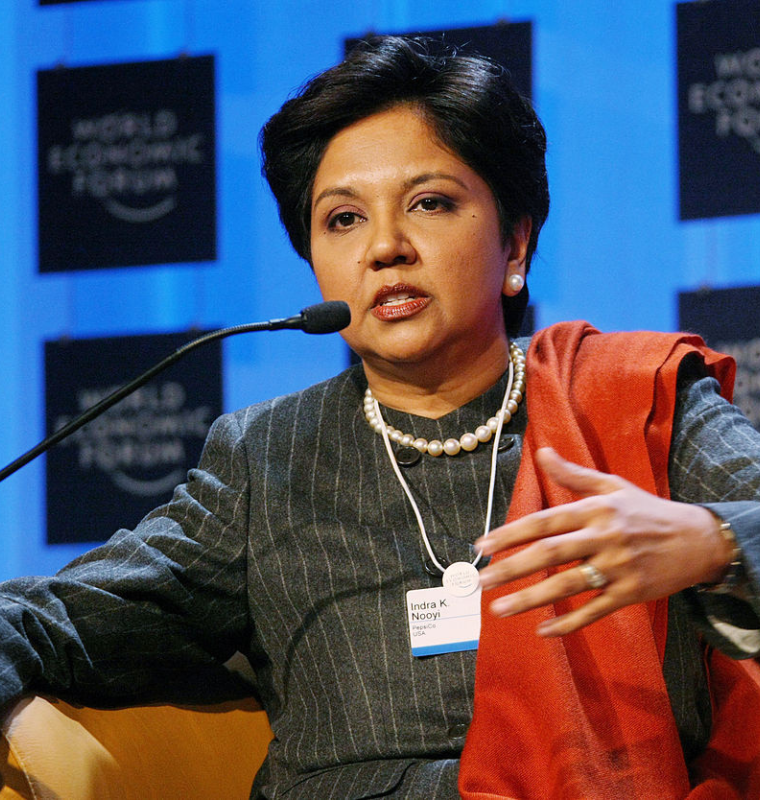Israel-Iran Escalation Shakes Global Markets Amid Surge in Oil, Gold and U.S. Dollar
Israel-Iran Escalation Shakes Global Markets Amid Surge in Oil, Gold and U.S. Dollar
By
Leah Rosenfeld
Last updated:
June 16, 2025
First Published:
August 3, 2025

Photo: The Guardian
Geopolitical Shockwaves Hit Global Markets After Israeli Airstrikes on Iran
Global financial markets were rattled over the weekend as Israel launched a series of airstrikes across Iran on Sunday, marking the third consecutive day of military confrontation between the two regional powerhouses. The rising tensions triggered a wave of investor caution, sending oil and gold prices soaring and prompting a swift move into safe-haven assets such as the U.S. dollar.
The geopolitical escalation followed Israel’s retaliatory action on Friday and has raised fears of a broader Middle East conflict, a region critical to global energy supply chains.
Oil Prices Surge on Supply Disruption Fears
One of the most immediate impacts was seen in the oil markets. Brent crude futures spiked by over 4%, reaching nearly $91 per barrel, while West Texas Intermediate (WTI) crude rose to over $87, as traders feared a supply disruption from Iran, which ranked as the ninth-largest oil producer globally in 2023, according to the International Energy Agency.
Any sustained disruption from Iran — or escalation involving oil-rich neighbors — could send energy prices soaring further, pushing inflation higher and potentially triggering a policy response from central banks.
Flight to Safety: Gold and the U.S. Dollar Strengthen
In times of geopolitical uncertainty, investors traditionally pivot toward safe-haven assets — and this time was no exception.
- Gold prices climbed past $2,400 per ounce, as investors sought a stable store of value resistant to inflation and geopolitical shocks. This marks one of the metal’s strongest rallies in recent months.
- The U.S. dollar strengthened significantly, reflecting global demand for dollar-denominated assets. The Dollar Index (DXY) rose above 105, even appreciating against other traditional safe havens such as the Swiss franc and Japanese yen.
This reaffirmed the so-called "Dollar Smile Theory," where the greenback gains strength both when the U.S. economy is booming and when global markets are panicked.
Despite ongoing chatter about de-dollarization and rising concerns over U.S. debt levels, recent events reinforced the dollar’s status as the world's preferred refuge during global crises.
Global Stock Markets See Red, But U.S. Equities Hold Up
Stock markets around the world dipped on Friday and remained volatile heading into Monday:
- The S&P 500 fell 0.9%, while the Nasdaq Composite lost 1.2%, though futures pointed to a mild recovery Sunday night U.S. time.
- European markets also closed lower, with the Stoxx 600 shedding nearly 1.1%, while Asian markets were mixed.
Still, U.S. equities remained surprisingly resilient, with analysts pointing out that despite the mounting risks, market participants haven't entered full risk-off mode yet.
“Even with oil up and equities under pressure, we’re still within the range of volatility we've seen over the past few months,” CNBC’s Michael Santoli noted, suggesting markets haven’t fully priced in a long-term escalation yet.
Markets Remain Cautious Amid Uncertain Outlook
Despite previous market indifference to ongoing conflicts like the Russia-Ukraine war and the Israel-Hamas war, the direct confrontation between Israel and Iran marks a potentially more destabilizing development.
With Iran's position in OPEC and its influence across the Middle East, any continued escalation could send ripples through global supply chains, energy markets, and international diplomacy.
Market analysts and geopolitical experts urge investors to remain cautious, particularly over the coming weeks as events unfold. Volatility is expected to persist, and the possibility of retaliatory attacks or further involvement from regional powers cannot be ruled out.
A Delicate Balance Ahead
The Israel-Iran conflict is still in its early stages, but its market impact is already being felt worldwide. From rising oil and gold prices to a stronger dollar and sliding equities, the financial world is on high alert.
Investors may need to prepare for more short-term turbulence, especially if tensions escalate or if other major economies are pulled into the conflict, either diplomatically or economically. Until there’s a clear path toward de-escalation, safe-haven demand is likely to remain high.
Popular articles
Subscribe to unlock premium content
Indra Nooyi’s Strategic Vision at PepsiCo: Balancing Profitability with Purpose

Nike’s Direct-to-Consumer Revolution: How Cutting Retailers Boosted Profits and Control

Spotifys Playlist Power Turning Music Curation Into An Advertising Goldmine

Indra Nooyi’s Strategic Vision at PepsiCo: Balancing Profitability with Purpose

Nike’s Direct-to-Consumer Revolution: How Cutting Retailers Boosted Profits and Control

Indra Nooyi’s Strategic Vision at PepsiCo: Balancing Profitability with Purpose









